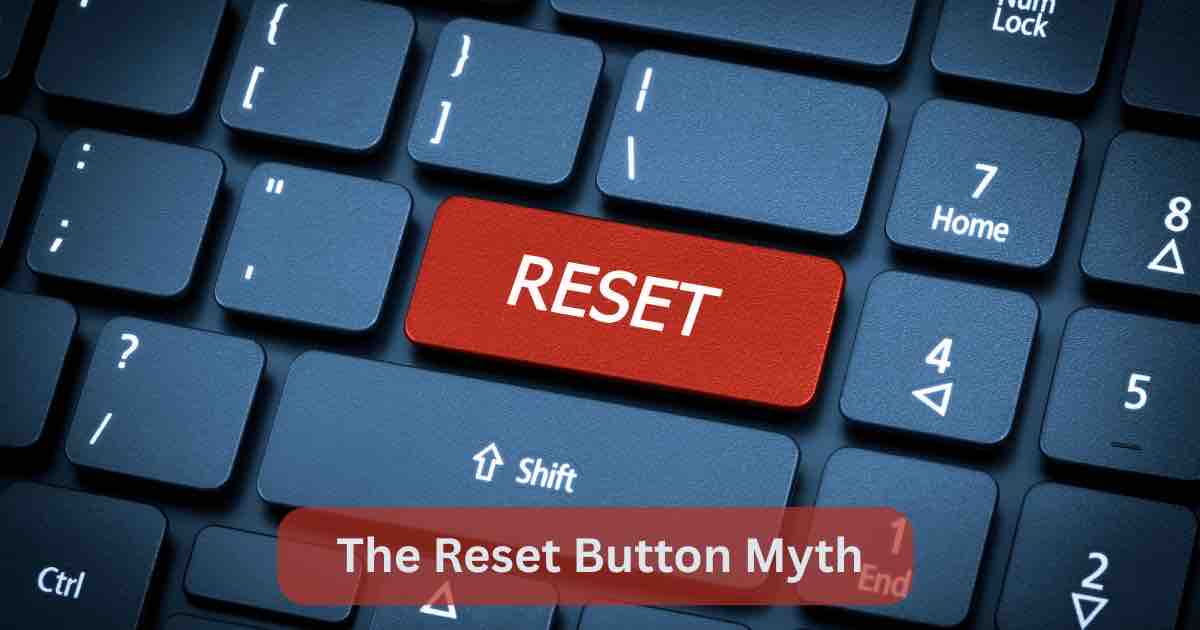This Sunday the lectionary of the Armenian Church invites us to study and reflect on the story of the feeding of five thousand. It is a very well known Biblical story, we recognize and recall it as the story about Christ miraculously multiplying a few pieces of bread and two fishes. But the context within which this miracle takes place is equally important for understanding the message and meaning of the story. John the Baptist, the cousin of Jesus, was just killed. As soon as Jesus learns the sad news, He seeks solitude and time alone. “He withdrew from there in a boat to a lonely place” (Mat. 14:13), tells us the Gospel. But the crowd was not about to leave him alone, so they followed and found him. They brought their sick to him and he cured them, it was late and they had nothing to eat and he fed them.
It is a remarkable story which can be approached and interpreted from different perspectives. But today, let’s try something different. Instead of viewing the story from the outside, let’s enter and be a character in the story. There’s plenty of room and much to learn.
To begin with, let’s allow our memories to take us back in time, to time and place in life when we were sad, deeply sad. Perhaps, it was when we lost a parent, a close friend or someone dear to us. Perhaps, after we lost the job we wanted and needed so much. Perhaps, that time when someone we loved and trusted violated the sacred bond and broke our heart.
In such situations we often want to be alone, away from everyone and everything, we want to hide and not to be bothered by anyone. But what do you do when the phone will not stop ringing, people with good intentions try to be with you and next to you. When in a moment of heartbreak and sadness you seek the silence of the church next door and it turns out to be full of tourists. When you decide to go for a walk alone and find the peaceful and quiet trail full of hikers and bikers.
What would we do? How would we react?
Jesus’ reaction is both humbling and remarkable. He translates his loss, his grief over the death of his cousin and his own need for solitude and time alone into compassion for the crowd. Within his grieving heart Christ found time and energy to heal the sick who came to him hoping for healing, he fed them when they were hungry. The multiplication of the bread and fish is not a superhero story, it is not a simple tale of magic and miracle. It is a reminder about the importance of being sensitive and compassionate towards the human pain and suffering even when we don’t feel like it, even when doing so interferes with our own needs, desires and plans.
Yes, feeding the hungry when we don’t have enough is hard. Finding emotional and spiritual strength to continue mending hearts, inspiring dreams and empowering lives in the midst of personal pain and despair seems impossible. And sometimes what we have to offer seems too small and insignificant to make a difference. But the moment we initiate the mere idea of doing so, something extraordinary will happen. Christ will take, bless and multiply our two breads and five fishes, He will empower our efforts and make them sufficient for positively impacting thousands of lives.


